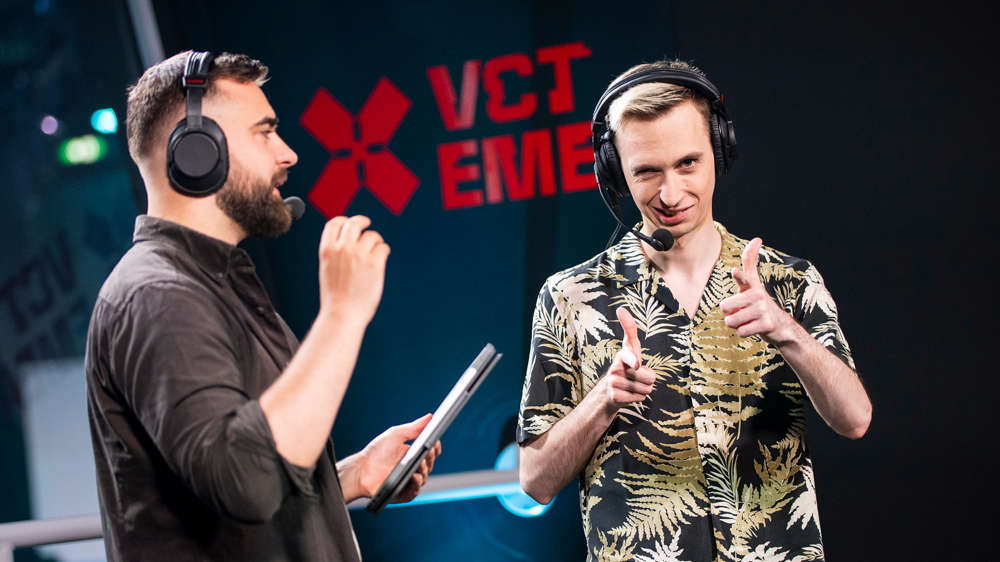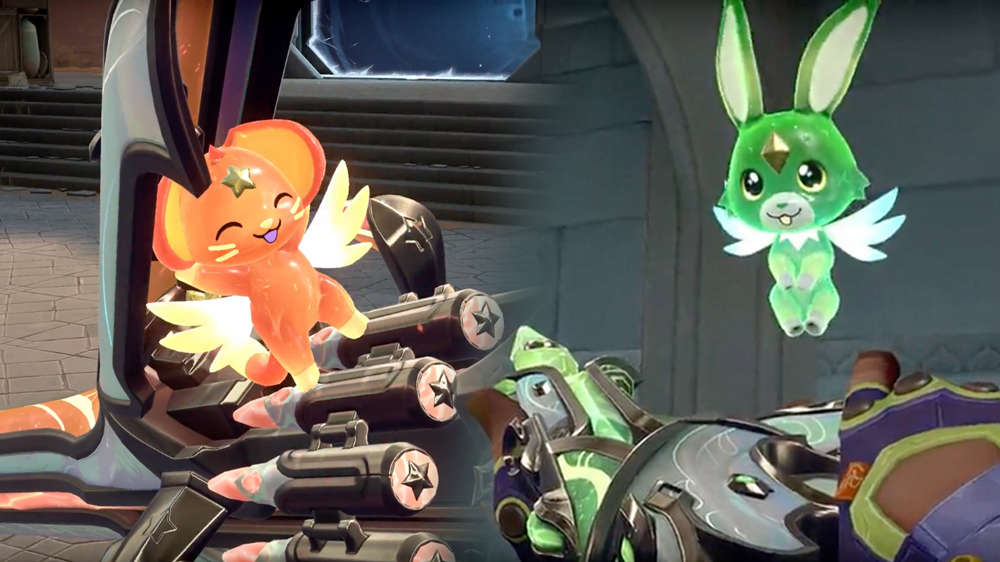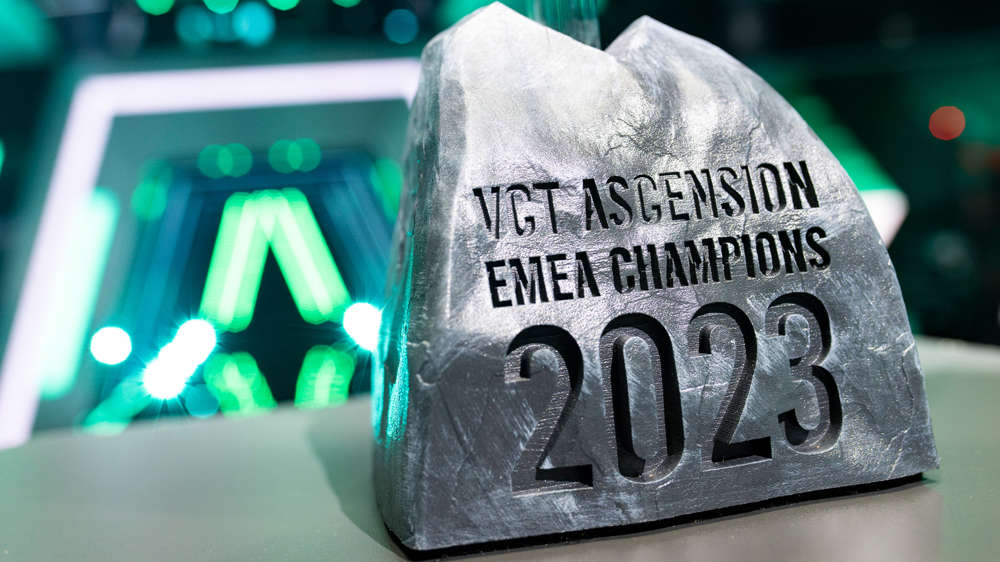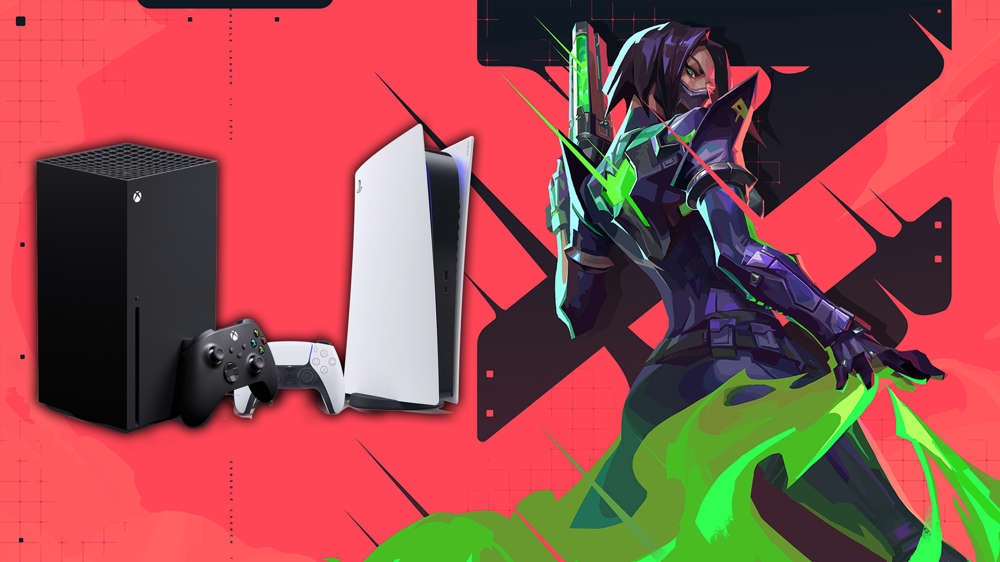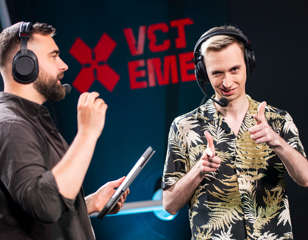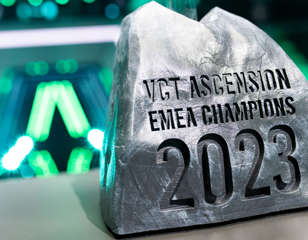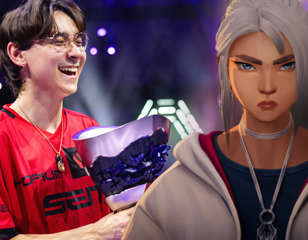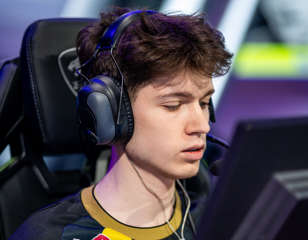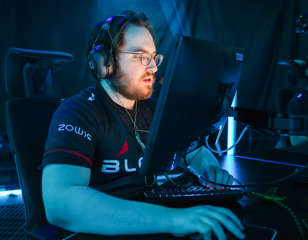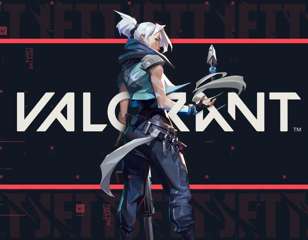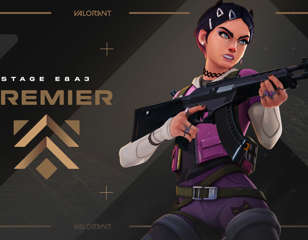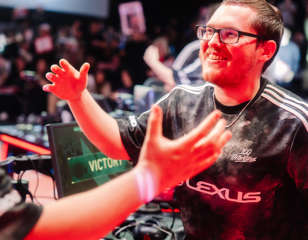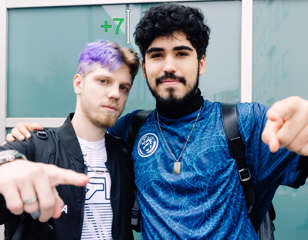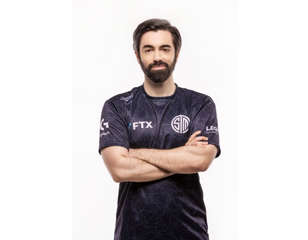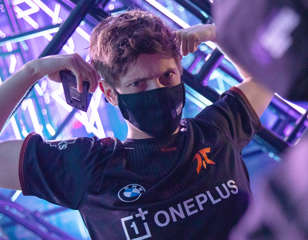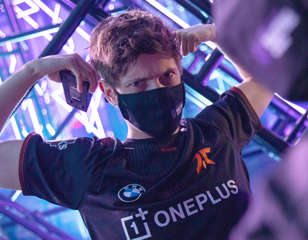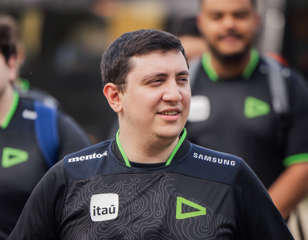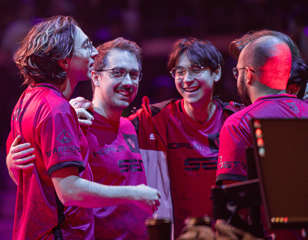VALORANT Pros weigh in on declining salaries within the scene
With declining interest in VALORANT's second tier in the Americas, player salaries have been in free fall. Pros are looking for the culprit.
22nd Dec 2023 17:15
Image via Riot Games
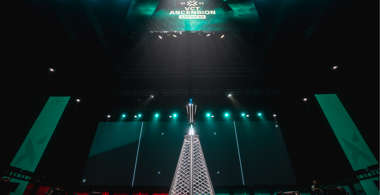
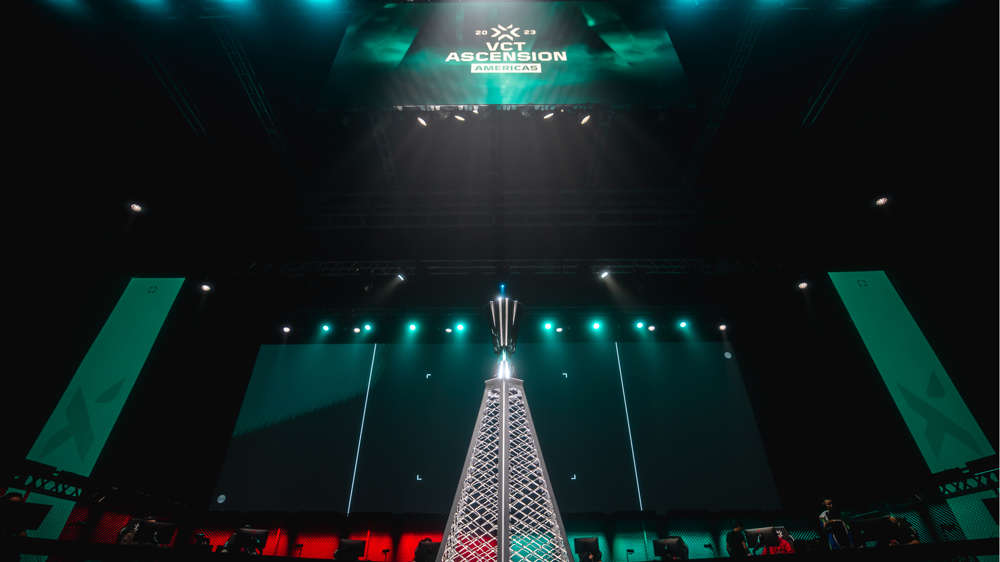
VALORANT Pros weigh in on declining salaries within the scene
With declining interest in VALORANT's second tier in the Americas, player salaries have been in free fall. Pros are looking for the culprit.
22nd Dec 2023 17:15
Image via Riot Games
Amid a system-wide market correction of player salaries in VALORANT esports, especially in the tier 2 scene, several public figures have weighed in on the debate from their respective point of view.
While some like retired player Michael "dapr" Gulino see 'franchising' as the culprit of the downturn, others like Ethan "Ethan" Arnold argue players are expecting too much.
Declining salaries
Over the last couple of months, several affected coaches and players have voiced concerns about declining salaries and waning interest from esports teams in VALORANT’s challenger scene.
On December 21, dapr took to social media platform X to vent his frustration with the current state of affairs. “Quit CS because of a dying T2 scene then after three years VALORANT has a dying T2 scene,” he wrote, naming franchising as the problem.
Riot Games announced its esports program VALORANT Champions Tour (VCT) in 2020, running its first inaugural season in 2021 but only starting its partnership program in 2023 after a vetting period for the participating esports organisations.
Ten teams per each of the three regional leagues were selected to be permanent partners. An additional incentive for its second-tier system Challengers was installed in the form of Ascension slots, giving the winner of the tournament the chance to participate in VCT for two years following their qualification.
Contrary to prior franchising approaches in Activision Blizzard’s franchise leagues OWL and CDL and indeed VCT’s sister program in League of Legends, Riot didn’t set a buy-in for its partners but instead selected based on organisational values, the excitement around their brand, and a focus on sustainability according to a statement in the team reveal.
Given the promising outlook for esports organisations, many set out to compete for these slots and spend to impress. Once those 30 partnership teams were chosen, many of those outside the system reevaluated their investment and pulled back funds.
Who is to blame?
“The goldrush and wealth of teams in the 2020-2022 season was in large part a strategic move on most teams' part to even be in contention for a future spot,” argued Senior Vice President of Esports for 100Thieves, Jacob “TheMaelk” Toft-Anderesen in September, before the resurgence of the topic in public discourse recently.
VALORANT insider Bo “BoDork” Hoogland agreed with the general notion and called upon players to adjust their demands, tweeting: “Players need to turn down their salary expectation, organizations need to stop paying these crazy salaries.”
The comment was met with criticism from a couple of members of the VALORANT pro community. “Player salary expectations even in NA are VERY low, and orgs still aren’t willing to invest at a fraction of the price point of last year,” replied former Moist Esports coach Tanishq "Tanizhq" Sabharwal, also arguing that organisations have gotten weary around Riot’s selection process for Ascension slot winners.
More understanding for organisations was given by VCT Champions winner Ethan, who tweeted: “It only took esports orgs 6 years to realize teenagers probably shouldn’t make more than neurosurgeons.”
QoR’s Travis "tdawgg" Regan went even further, writing: “Cut your losses, quit gaming, and give up. Some of you are the saddest sacks of s#!t crying with tears streaming down your face about the state of esports and VALORANT. It was never meant to be easy to exist in this space so put your fucking head down and get to work.”
In late October, Riot Games announced its plans for Challenger in 2024, which promised improvement in the scheduling of the league and the lower barrier of entry into VCT. However, the changes seem to have not inspired enough confidence to keep esports organisations interested in the system, with only a handful of organisations left in the Challengers program in the Americas.

About The Author
Sascha Heinisch
Sascha "Yiska" Heinisch is a Senior Esports Journalist at GGRecon. He's been creating content in esports for over 10 years, starting with Warcraft 3.
